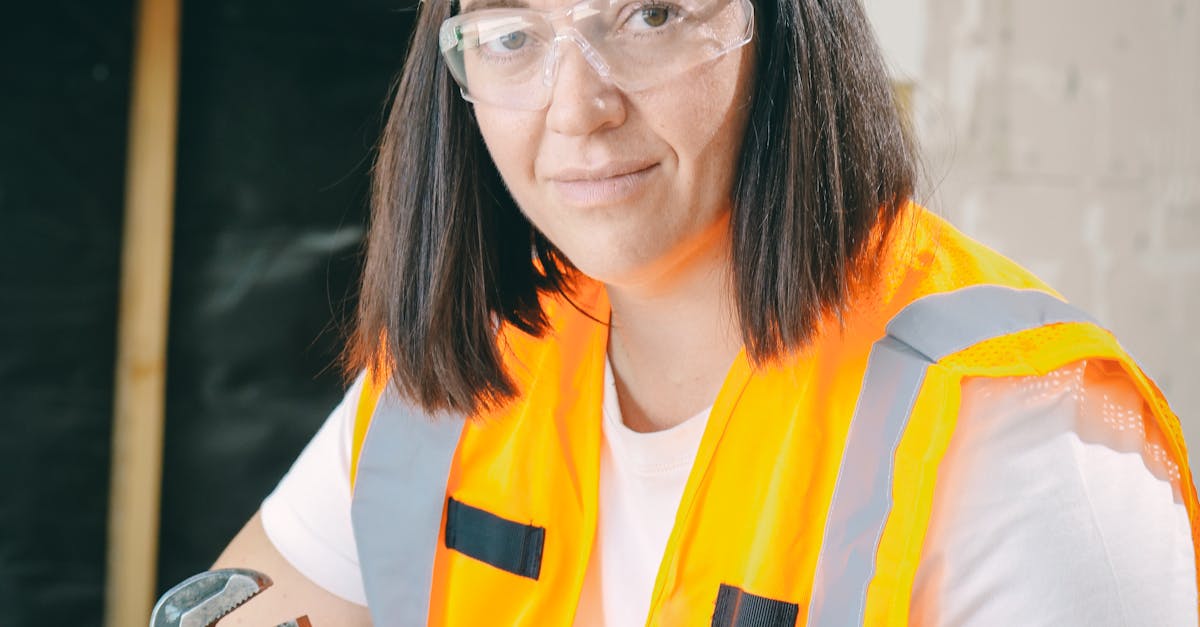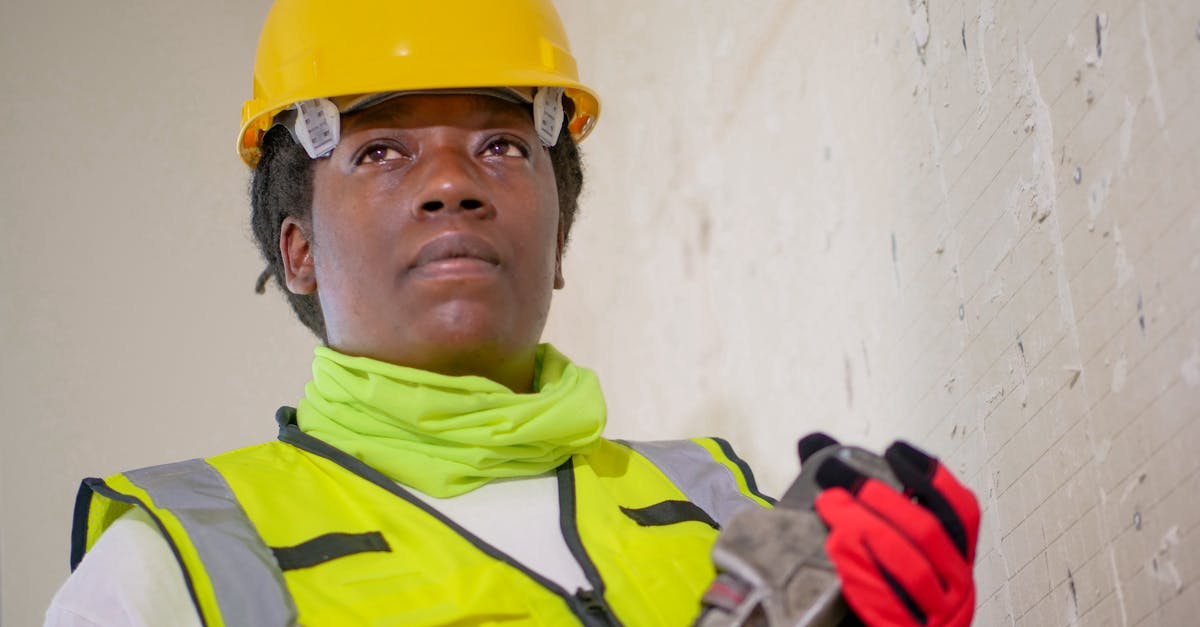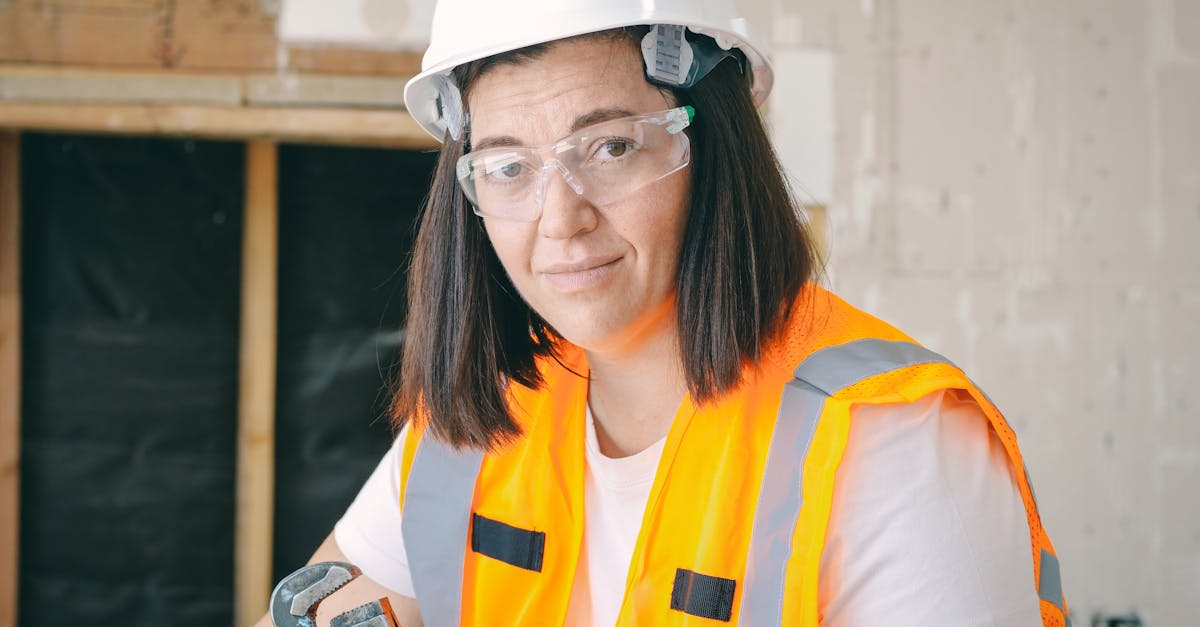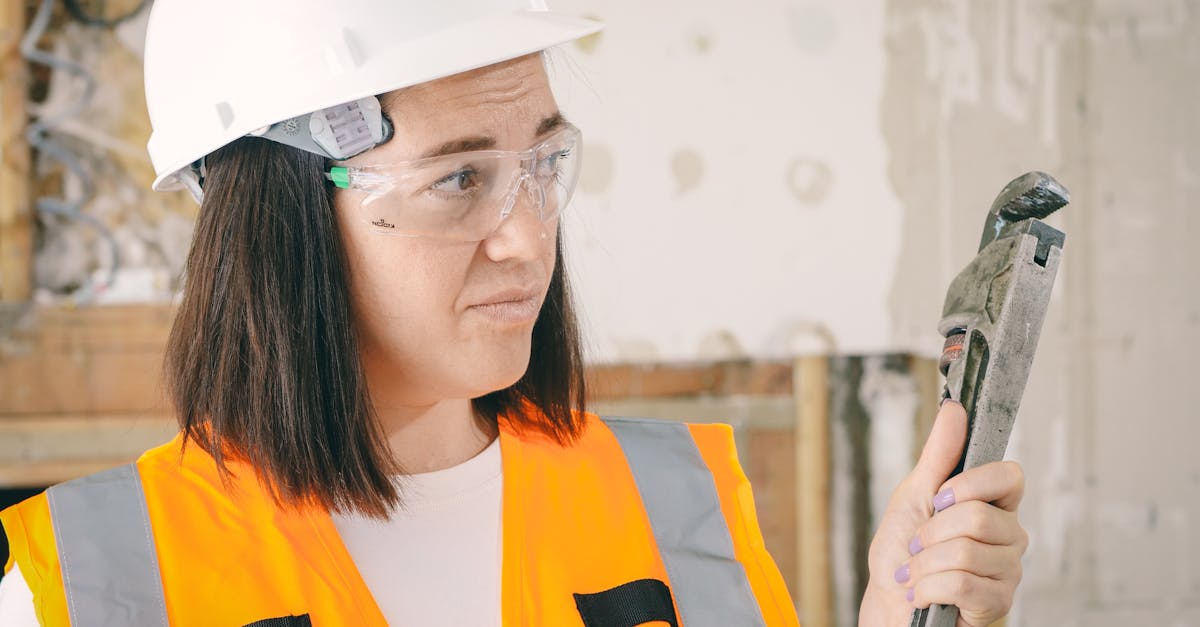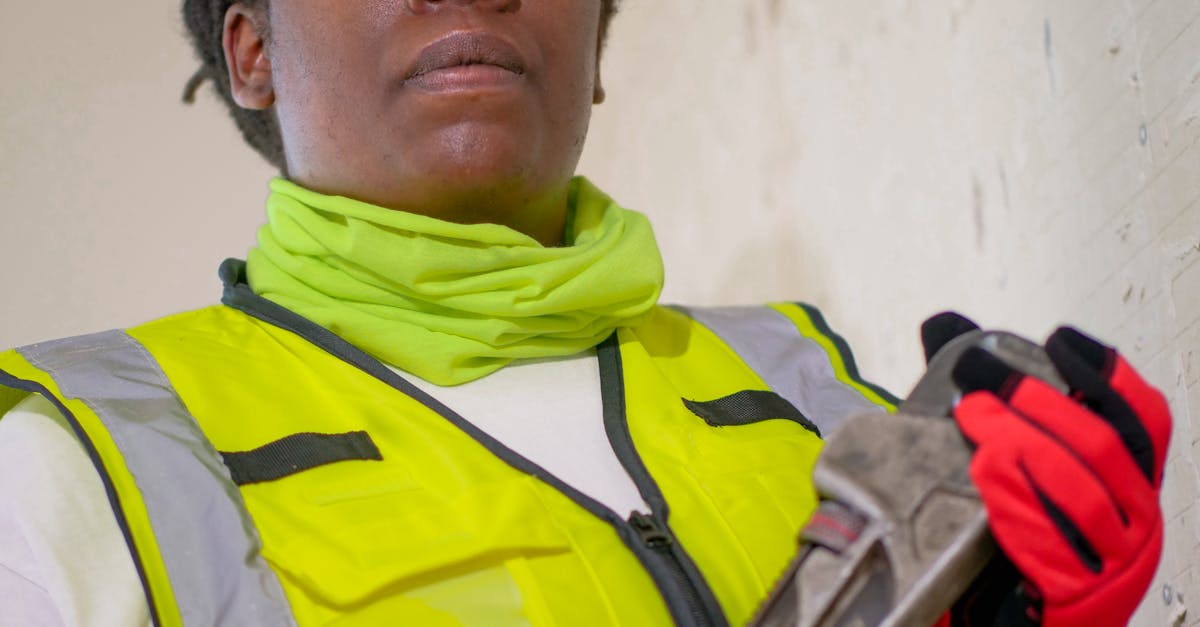
Table Of Contents
Leaking Water Heater
A leaking water heater can lead to significant damage to your home and soaring utility bills. It's crucial to regularly inspect your system for signs of leakage, such as puddles around the base or water stains on nearby surfaces. While small drips may seem harmless, even minor leaks can indicate underlying issues that might worsen over time. Ignoring these signs can result in costly repairs and potential safety hazards.
When assessing a leaking water heater, consider the source of the leak. It may stem from connections, valves, or the tank itself. Depending on the severity and location of the leak, you may require professional assistance. Water heater installation and repair services can help identify the issue and recommend the best course of action. Timely intervention can prevent further damage and ensure your system operates efficiently.
Evaluating the Severity of Leaks
When assessing a leaking water heater, it is crucial to evaluate the severity of the leak. Minor leaks may result from loose connections or worn-out fittings, which can often be fixed with some simple adjustments or replacements. However, significant leaks, characterised by large puddles or consistent dripping, indicate more severe underlying issues that may compromise the heater's integrity. Ignoring these signs can lead to substantial water damage in the home, necessitating more extensive repairs down the line.
If you notice a leak, it is wise to consider consulting a professional for water heater installation and repair. They can provide a thorough assessment and determine whether repairs can extend the life of your system or if a replacement is more cost-effective. Taking quick action not only helps prevent damage but also ensures that your hot water supply remains reliable. Understanding the extent of the issue plays a critical role in maintaining the efficiency of your water heater.
Increased Energy Bills
A noticeable increase in your energy bills can be a clear indicator that your hot water system is becoming inefficient. Aging water heaters often struggle to maintain optimal performance, leading to higher electricity or gas consumption. If you find that you are consistently paying more for energy without any other changes in your household consumption, it may be time to evaluate your hot water system's condition.
Regular maintenance can sometimes help restore efficiency, but if your system shows persistent inefficiencies despite repairs, replacement could be necessary. Water heater installation and repair services can provide insights into whether your current system is worth fixing or if investing in a new one is more cost-effective in the long run. An energy audit can also help identify other factors contributing to increased bills, but often, the water heater plays a significant role in overall household energy usage.
Recognising Inefficiencies in Performance
An efficient hot water system should maintain consistent temperatures and provide ample hot water without excessive energy consumption. If you notice fluctuations in water temperature or are running out of hot water during routine activities, it's a sign that your system may not be functioning effectively. Changes in performance often indicate an underlying issue, such as sediment buildup or worn components, that could lead to more significant problems down the line.
Increased energy bills can also signal inefficiencies in your hot water system. If you observe a sudden spike in your energy costs without any changes in usage, this can reflect a reduction in your heater’s efficiency. Upgrading to a more efficient model can save you money in the long run, and seeking guidance on water heater installation and repair can help address existing issues while ensuring optimal performance in the future.
Age of the System
The age of your hot water system plays a crucial role in assessing whether it requires replacement. Most conventional water heaters have a lifespan of around 8 to 12 years, while tankless models can last up to 20 years. As units age, they often become less efficient and more prone to breakdowns. Regular maintenance may prolong their usability, but once they reach the end of their life expectancy, the likelihood of significant issues increases.
If your water heater is nearing or has surpassed its expected lifespan, it may be beneficial to consider water heater installation and repair options. An outdated system can lead to rising energy costs and inconsistent hot water supply. Recognising the signs of wear and tear earlier rather than later can save you from the inconvenience and expenses associated with emergency repairs.
Lifespan Expectations for Different Models
Different types of hot water systems have varying lifespans depending on their design and maintenance. Traditional tank systems generally last between 8 to 12 years, while tankless options can often function efficiently for 15 to 20 years with proper care. Regular servicing plays a crucial role in extending the life of these systems. Factors like water quality and usage patterns also significantly impact longevity.
Solar hot water systems tend to have a combined lifespan of around 20 years, particularly if the panels are well maintained. Understanding these lifespan expectations is essential for homeowners planning for water heater installation and repair. Being proactive about replacements can prevent unexpected breakdowns and ensure consistent hot water access.
FAQS
What are the signs that my hot water system is leaking?
Common signs of a leaking hot water system include puddles of water around the unit, damp spots on walls or ceilings, and a noticeable drop in water pressure.
How can I evaluate the severity of a leak in my hot water system?
To evaluate the severity of a leak, check for the size of the puddle, the frequency of water accumulation, and whether the leak is worsening over time. If you notice significant changes, it’s best to consult a professional.
Why are my energy bills increasing, and could it be related to my hot water system?
Increased energy bills can be a sign of an inefficient hot water system. If your system is working harder to heat water, it may indicate that it’s time for a replacement.
What should I look for to recognise inefficiencies in my hot water system's performance?
Signs of inefficiency include inconsistent water temperatures, extended heating times, and strange noises coming from the unit. These issues can indicate that your system is failing.
How do I determine the age of my hot water system, and when should I consider replacing it?
You can usually find the manufacture date on the label of the hot water system. Most systems have a lifespan of 8 to 12 years, and if your system is approaching this age, it may be time to consider a replacement.







